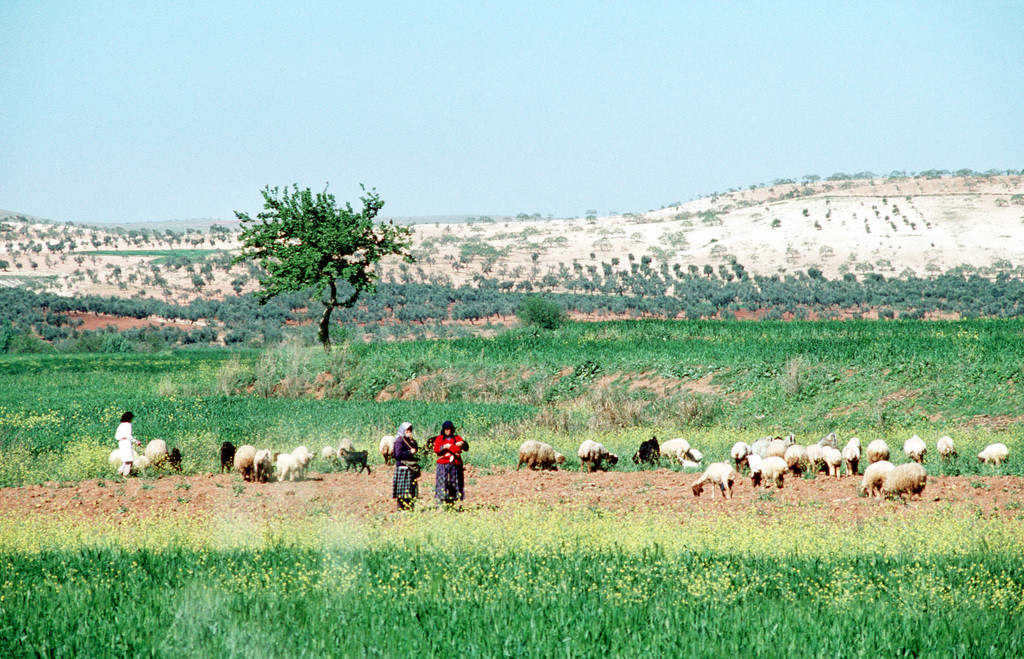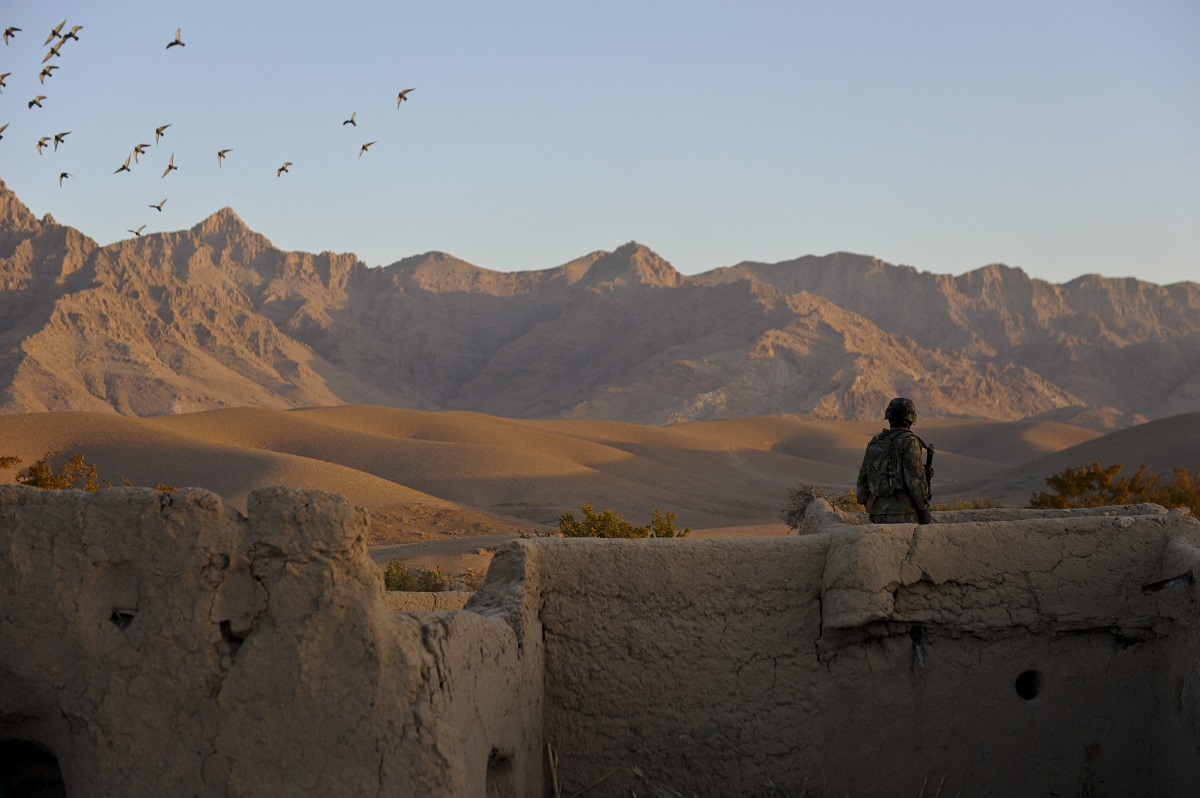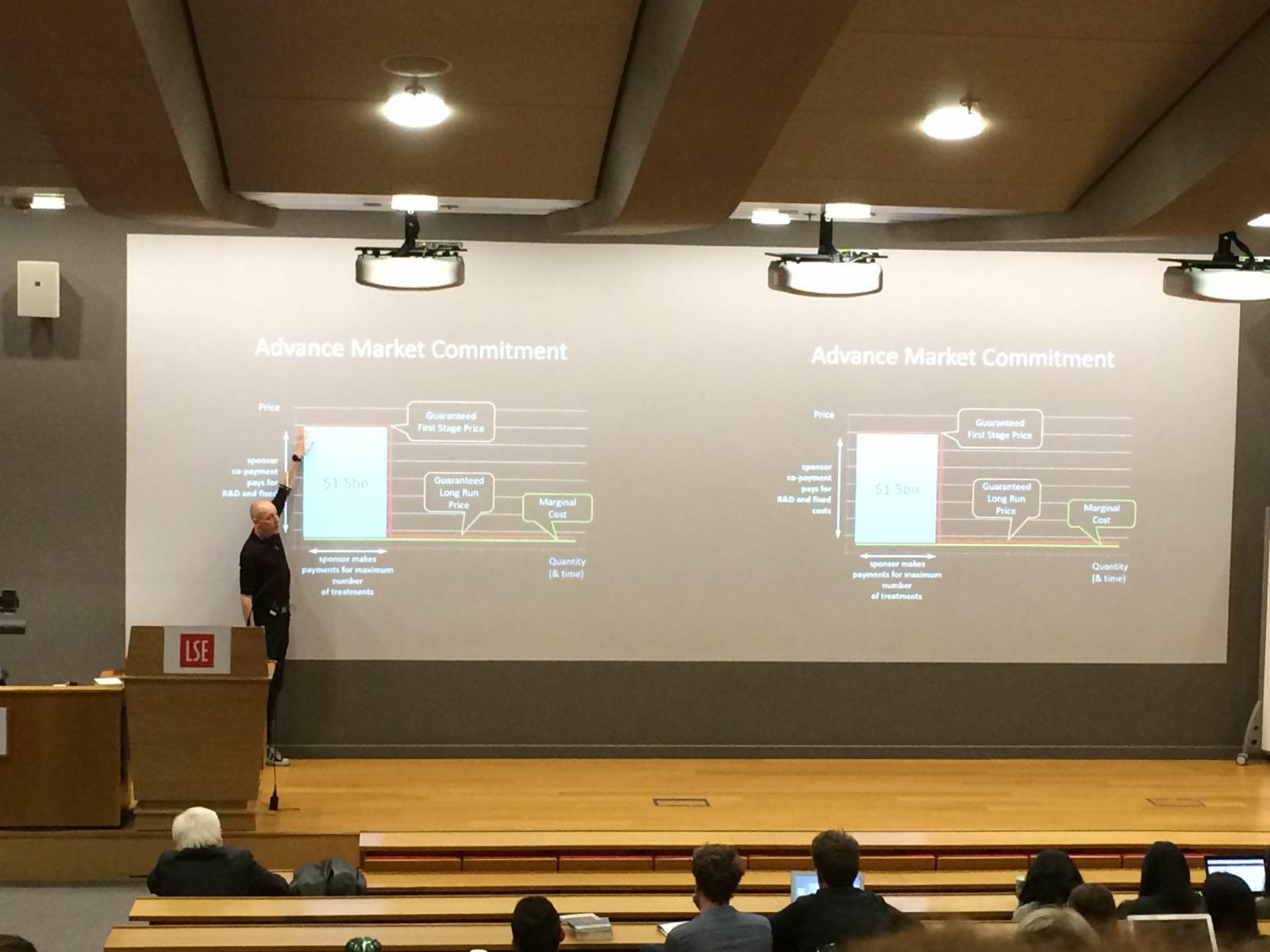Following the discriminatory treatment of Black and Brown asylum-seekers fleeing Ukraine, Atlantic Fellow for Social and Economic Equity, Irene Wakarindi questions whether some refugees are more equal than others.
In response to this humanitarian crisis, the United States of America and the European Union (EU) announced a Temporary Protected Status and Temporary Protection Directive, respectively, to provide quick and effective assistance to the people who are fleeing the ongoing war in Ukraine. Temporary protection is an extraordinary measure employed during a humanitarian crisis where there is a significant number of people fleeing war, with no hope for repatriation anytime soon. It simultaneously protects fleeing individuals while also reducing the risk of overwhelming the standard asylum-seeking system which may negatively impact the processing of ongoing claims. Through temporary protection, those fleeing the war will not only receive a temporary residence permit (18 months in the United States and 1 year for EU countries), but they will also have access to education and the labour market.
An unwavering commitment to anti-blackness
But in times of crisis, the wise build bridges, while the foolish build barriers. We must find a way to look after one another as if we were one single tribe.
King T’Challa, from the Marvel superhero movie Black Panther.
In times of crisis, human beings have always invoked the spirit of community and come together to provide support to those affected. This has especially been the case in view of the various political, structural and operational responses that have been created to help those fleeing Ukraine. However, it has been reported that not everyone seeking safety, whilst or after leaving Ukraine, has been extended the same grace.
Even in times of crisis, war and great humanitarian need, anti-Blackness has continued to rear its ugly head. Some of the humanitarian systems are built on white supremacy and as a result, forced migrants who are Black bear the heaviest brunt, which is upheld by these cruel systems, as illustrated in the points made below:
a) Record Time Designation of Temporary Protected Status to a Non-Black Population
The Temporary Protected Status – TPS and the Temporary Protection Directive – TPD for Ukraine were instituted within a matter of days. In the past, however, the process for acquiring a TPS or a TPD has taken months or even years. Those fleeing conflict from Cameroon, the Democratic Republic of Congo and even Afghanistan have long requested for the designation of the TPS as a measure of protection from the ongoing war in their home countries, to no avail.
Typically, the granting of the TPS is preceded by numerous advocacy efforts which may include but is not limited to pleas from government officials for direct action, letters and petitions to lawmakers, as well as peaceful protests. Yet even with all this campaigning, it may take years before the first step towards granting a TPS is taken. For instance, Venezuela was only designated TPS in March 2021, after years of advocacy. While in the case of Ukraine, no campaign was launched and the TPS was designated exactly a week to the day of the Russian invasion. This is of course a very welcome move and goes a long way in proving that these decisions can in fact be made in a matter of days.
b) White Ukrainians Seeking Asylum, Found Safety at the Border while Non-White Asylum-Seekers Found Violence at the Same Border
It was reported that Black and Brown people (mainly students) who were fleeing the war in Ukraine were met with violence by right-wing Polish nationalists on the Polish border with Ukraine. The internet was awash images and cries from nationals from Kenya, Nigeria, Ghana as well as other African, Caribbean and South Asian countries who had experienced verbal and physical abuse as they sought asylum. Guards at the border prioritized entry for Ukrainian nationals, with some hotels offering free accommodation for Ukrainians but no access at all to Black asylum seekers, even though they offered to pay for the accommodation in the same hotels.
The Bulgarian Prime Minister was quoted saying to reporters that Ukrainian refugees are “intelligent and educated…they aren’t like the refugees we are used to…these people are Europeans.” In the same vein, Santiago Abascal, who is the leader of the far-right Vox party in Spain, contrasted Ukrainian refugees to Muslim refugees who according to him, seek asylum and protection with the aim of “destabilizing and colonizing” the countries that they are resettled in.
Careless negative comments such as the ones made above by some leaders, fan the embers of existing racist tropes that increasingly dehumanize Black and Brown refugees. Anti-Blackness is not only endemic in the systems that are enforcing immigration, but even when they are most vulnerable and in need of help, Black people continue to suffer racist abuse and discrimination from individuals of other countries too.
c) The Media is Complicit in the Perpetuation of Anti-Blackness
The media performs a vital role in the public illustration of unequal social relations. In the past, activists have highlighted issues of concern in the way that the stereotyping of refugees, asylum-seekers, migrants, and other minorities in the media may result in discrimination, prejudice and overall, the rejection of the diversity of culture altogether.
During the reporting of the current Russia-Ukraine war, some journalists have been heard making insensitive statements that reaffirm racial discrimination, such as:
“This is not a developing third world nation. This is Europe.” – an ITV journalist reporting from Poland.
“…isn’t a place…like Iraq or Afghanistan. This is a relatively civilized, relatively European…city where you wouldn’t expect that.” – a CBS News senior foreign correspondent.
“We are talking about Europeans leaving in cars like ours to save their lives…even their cars look like our cars.” – a France BFM TV journalist.
“Looking at them, the way they are dressed…these are prosperous, middle-class people…not people trying to get away from areas in North Africa.” – an Al-Jazeera news anchor.
These racist remarks are not only seen on TV. There have been reports of hate speech against Black and Brown asylum seekers and refugees on social media too. We cannot continue to pretend that public preferences or opinions influenced by the media do not influence policymaking. When an opinion is based on discrimination (in this case anti-Blackness), it marginalizes people even more.
How can we work towards ensuring that some refugees are not more equal than others?
Advocates for the rights of forced migrants have gleaned quite a lot from observing the swift responses that governments have provided to those fleeing the war in Ukraine. These swift responses have laid the groundwork for conversations about ending the excuses that Black people fleeing conflict have been hearing while crossing the Mediterranean Sea. It has laid the groundwork for the expediting of policy interventions that will ease the lives of Black people who are either still living in conflict or seeking redress. The case of Ukraine has shown that interventions for asylum seekers and refugees can be restructured in a way that will be better led, organized, better funded, and operating in a way that is more efficient and effective for those who have been shunned and need it most.
The coverage of this war has also shown a need and presented an opportunity for the media to learn how to contribute to a more inclusive and fairer coverage of refugees, asylum seekers and migrants – especially those who are Black and Brown. At the end of the day, all our human experiences are connected, and our progress is anchored to the way that we hold space for those that we have been socialized to misunderstand. If we are adamant to unlearn our biases, we are bound to make the same mistakes repeatedly.
The views expressed in this post are those of the author and in no way reflect those of the International Development LSE blog or the London School of Economics and Political Science.
This article was first published on: afsee.atlanticfellows.org
Image credit: Maria Teneva





